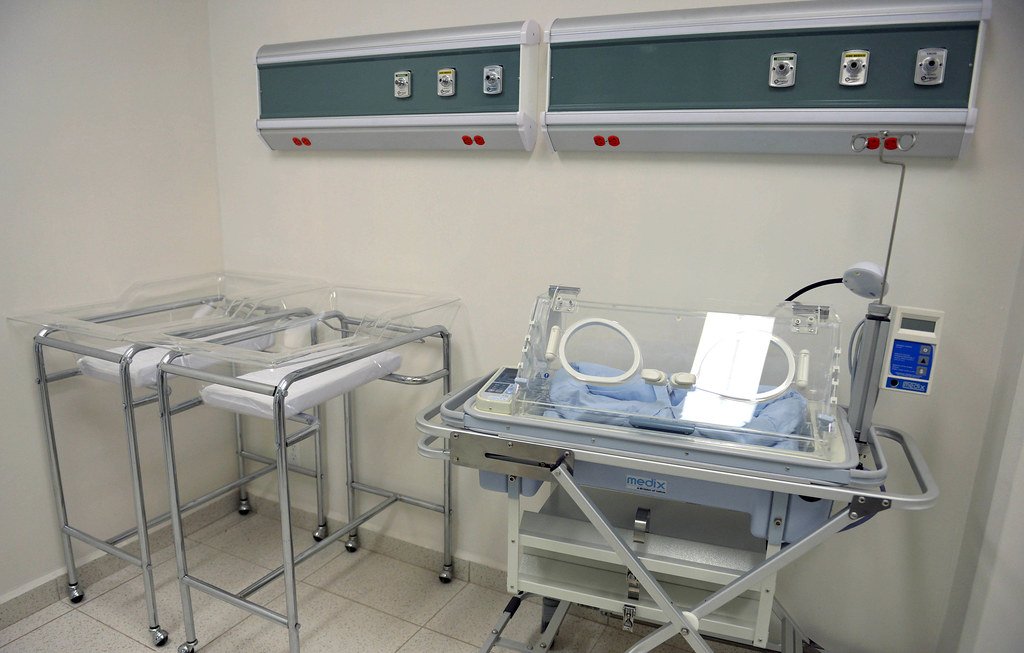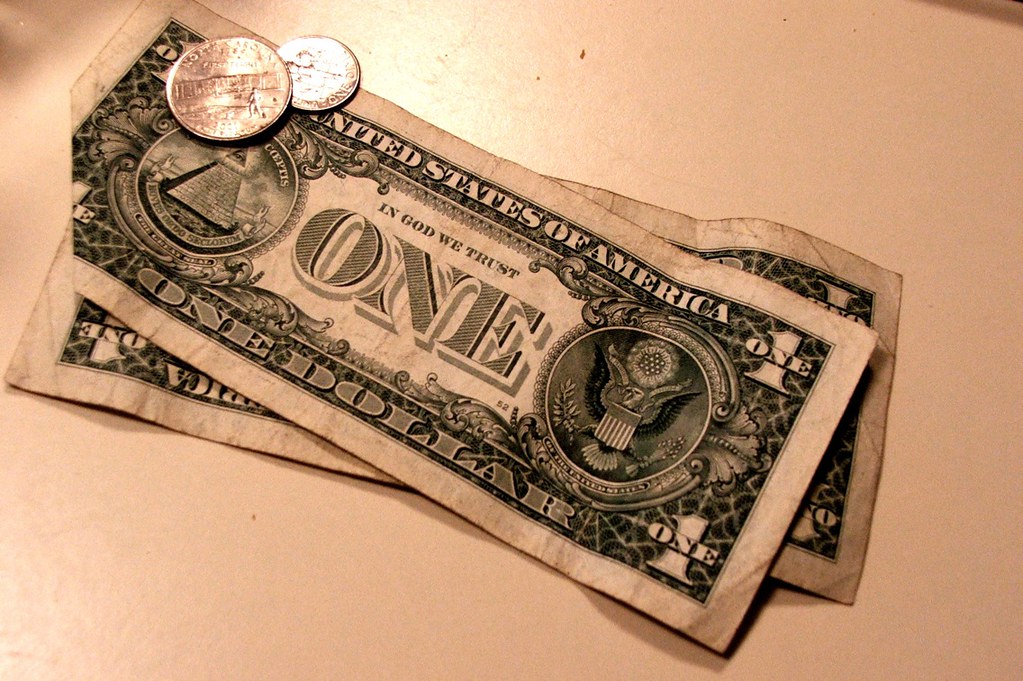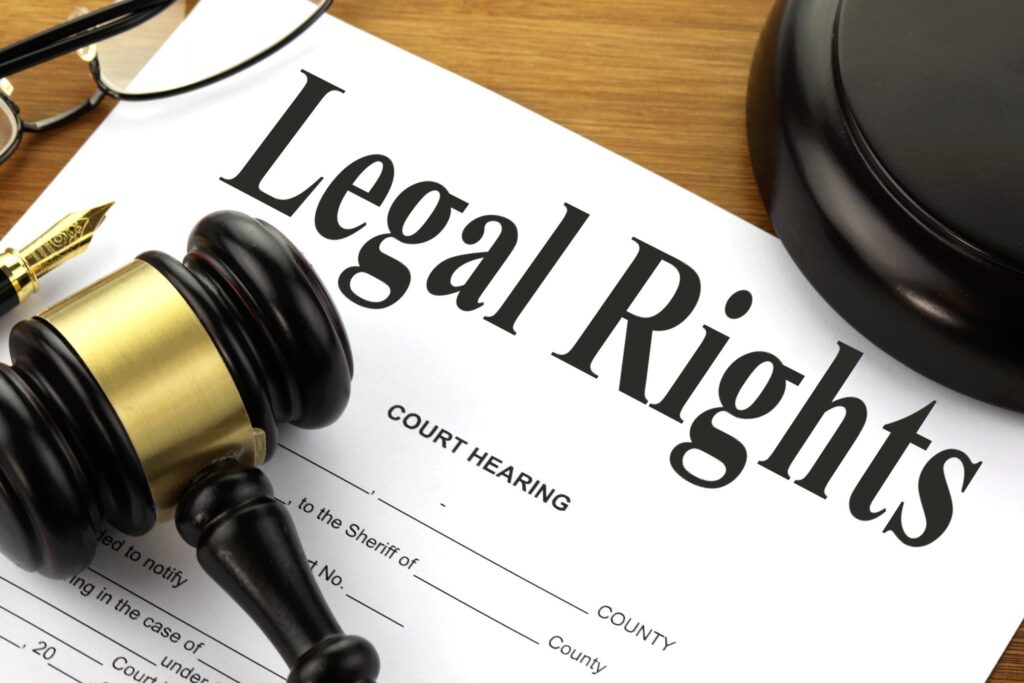
Americans are drowning in medical debt, with at least $220 billion weighing on households, according to the U.S. Census Bureau. A medical crisis too often transforms into a financial one, leaving patients overwhelmed by unexpected, sky-high bills. But there’s a powerful truth: you have more control than you think, and you can significantly reduce those daunting figures.
The healthcare industry frequently expects negotiation. Most hospitals and providers prefer partial payment to nothing, especially since bills sent to collections often yield only a fraction of the original amount. This inherent system flexibility, combined with common billing errors, offers a unique opportunity for you to advocate for yourself and save thousands. It’s about understanding the system, knowing your rights, and employing smart, practical strategies.
This guide provides an actionable roadmap to navigate complex medical billing. We’ll break down essential steps to challenge high costs, identify savings, and negotiate manageable medical bills. From pausing before you pay to uncovering hidden discounts, these lifehacks will empower you to tackle medical debt head-on, safeguard your finances, and put thousands back in your pocket!

1. **Don’t Panic – The Crucial First Pause**
When a medical bill arrives, especially with “due upon receipt” boldly displayed, panic is a natural first reaction. Marielle Segarra of NPR’s Life Kit podcast offers vital advice: “Pause.” This immediate halt empowers you, giving you crucial time to strategize, contrary to the bill’s urgent tone.
Understanding the timeline is key. Unpaid medical debt under $500 won’t appear on your credit report. For larger bills, you have a full year before they impact your credit. This generous grace period allows thorough review and negotiation without immediate fear of credit score damage.
Crucially, medical debt differs from credit card debt; hospitals generally don’t charge interest. As Segarra highlights, this isn’t a situation “like with a credit card,” where interest accrues daily. The absence of ticking interest removes pressure for instant payment, reinforcing the strategic wisdom of taking that initial pause. It shifts your approach from reactive to proactive.
Read more about: Beyond the Battery: 12 Smart Ways to Slash Your Car’s Emissions (No EV Needed!)

2. **Unlock Hidden Savings with Financial Assistance**
After pausing, immediately investigate financial assistance, often called “charity care.” Nonprofit hospitals in the U.S. are legally required to offer this for patients meeting income thresholds. What many don’t realize is that hospitals often don’t advertise these programs, simply sending a bill. As Marielle Segarra states, it’s “on you to go online and see if you qualify.”
Eligibility income thresholds vary by hospital, so a quick search is necessary. Look up your hospital’s name plus “financial assistance” or “charity care” online, or call their billing office. Jenifer Bosco, a staff attorney at the National Consumer Law Center, confirms federal requirements mandate these programs for low-income patients at nonprofits.
This avenue can drastically reduce or even eliminate your bill. While some for-profit hospitals also offer aid, it’s particularly mandated for nonprofits. However, an analysis by Kaiser Health News revealed “45% of nonprofit hospital organizations routinely send out bills to patients who have income low enough to qualify for charity care.” This emphasizes your need for proactive inquiry to claim entitled aid.
Read more about: Drove it Regretted it: 12 Compact Models That Made Owners Question Their Judgment on the First Commute.

3. **Demand an Itemized Bill to Uncover Errors**
Once financial assistance is explored, demanding an itemized bill is your next non-negotiable step. This transforms you into a medical bill detective. Jared Walker, founder of Dollar For, stresses that an itemized bill provides crucial detail, including “the code that is associated with that” procedure. Such granularity is essential for identifying discrepancies potentially inflating your total by thousands.
Errors on medical bills are remarkably common. Carolyn McClanahan, a certified financial planner and physician, advises requesting an itemized bill “to review it and make sure the charges are correct.” Common errors include incorrect patient, provider, or insurance information, wrong procedure codes, and frequently, “duplicate billing.” Medliminal, a company specializing in error identification, typically finds “25% of the charges on the bills it has reviewed are not billable.”
Real-world examples underscore this. Amanda Grossman successfully reduced a bill after an audit showed she was wrongly charged for an emergency room visit she never had. Similarly, a Kaiser Health News story detailed a doctor billed $7,000 for an unperformed procedure due to a coding error. These cases prove that scrutinizing an itemized bill can uncover significant overcharges, providing strong leverage for negotiation.
Read more about: 15 Essential Questions to Unmask Shady Used Car Dealers and Save Thousands in Minutes

4. **Confirm Your Insurance Claim was Processed Correctly**
With your itemized bill in hand, scrutinizing your insurance claim is vital. Errors between providers and insurers are common, and sometimes claims aren’t submitted correctly—or at all. Marielle Segarra notes, “you also want to confirm that the doctor’s office actually submitted a claim to your insurance… because sometimes they don’t.” This simple check can prevent immense frustration and save substantial money.
Your Explanation of Benefits (EOB) from your insurer is your most valuable document here. It outlines what your insurance covered and your remaining balance. Compare this EOB meticulously with your itemized bill for discrepancies. If anything seems “off,” contact your insurance company immediately to investigate.
If your insurer denied coverage you believe is warranted, you have the right to appeal. Though it might seem daunting, appealing ensures you’re not paying for services your policy should cover. Jenifer Bosco, a staff attorney, also highlights exploring other payment sources like “Medicaid or subsidized insurance,” noting potential “retroactive eligibility.” This comprehensive review maximizes your coverage and minimizes your out-of-pocket costs.
Read more about: Mastering Your Health Insurance EOB: A WebMD Guide to Decoding Your Explanation of Benefits

5. **Research Fair Prices Before You Negotiate**
Entering negotiations without knowing the true cost of your services is a disadvantage. Before calling the billing department, arm yourself with knowledge about what your procedure *should* cost. This research provides a solid foundation, preventing you from accepting inflated prices out of ignorance. Joseph DiBella, executive partner at Conner Strong & Buckelew, advises knowing “what the price is of an emergency room visit or whatever operation you or a family member has had.”
Accessible online tools demystify healthcare pricing. DiBella recommends “Healthcare Bluebook or FAIR Health Consumer” as user-friendly sites allowing patients to “look up what procedures and services should cost so they can better negotiate.” Neal Wagner emphasizes writing down “what a fair price looks like—that’s your baseline for negotiation.” This information empowers you to challenge unreasonable charges directly.
“ClearHealthCosts” is another useful resource, offering “real-world pricing data from actual patients and providers,” invaluable for negotiations. Knowing your area’s average cost enables you to assertively state, “According to Healthcare Bluebook, the fair market price for this procedure in our area is $X. Can you explain why I’m being charged significantly more?” This evidence-based approach strengthens your position, shifting power in your favor.
Read more about: Dealership Dirt Uncovered: 15 Sneaky Car Sales Tactics Every Buyer Needs to Master

6. **Initiate the Negotiation Call with Confidence**
With your bill reviewed and fair prices researched, it’s time to pick up the phone. Don’t be intimidated; experts like Jenifer Bosco of the National Consumer Law Center confirm that “Consumers may not realize that you can contact the health-care provider or the hospital and ask to negotiate.” Carolyn McClanahan notes that billing departments “have gotten so used to negotiating that they expect it.” Approach this call with politeness, persistence, and confidence.
Prepare by having your itemized bill, insurance card, and pricing notes ready. Joseph DiBella advises being polite and calm, remembering the person on the phone “didn’t come up with this price.” A powerful opening, as Marielle Segarra learned, is to ask, “What’s the settlement amount?” This phrase seeks the immediate payment required to clear the bill, often leading to a “like 30%” reduction.
You can also express financial hardship: “I’m struggling financially. Can I get a discount?” Segarra personally used this effectively to cut $150 off a consult. Crucially, take notes: time, date, and the representative’s name. If the first person can’t offer enough, politely ask for a supervisor or the financial assistance department. Persistence pays off.
Read more about: Dealership Dirt Uncovered: 15 Sneaky Car Sales Tactics Every Buyer Needs to Master

7. **Secure a No-Interest Payment Plan**
Even after successful negotiations, a lump sum might still be unmanageable. Securing a no-interest payment plan is your next critical step. Marielle Segarra strongly advises against using a credit card for the balance, as you would “most likely… need to pay interest on it.” Instead, “get on a payment plan with the medical billing office.”
Most hospitals and many doctors’ practices offer monthly installment plans, typically with 0% interest. This is vastly superior to accruing high-interest credit card debt. Katherine Bunny Dachs of Bunny’s Home Care encourages this route over “borrowing money,” stating, “Getting into another loan while you are still settling a current bill will not help you at all.” These plans allow affordable, consistent payments until the bill is settled, avoiding further financial strain.
When discussing payment plans, be transparent about your financial capacity. Billing departments prefer consistent, manageable payments to a complete default. Jay Zigmont, a certified financial planner, suggests patients or family members proactively visit the financial aid office, even while hospitalized, “to get things nailed down and avoid unpleasant surprises later.” This proactive engagement provides a clear, manageable path to resolve your medical bills.
Navigating the complexities of medical billing can feel like an uphill battle, but as we’ve seen, armed with the right strategies, you can significantly reduce your financial burden. Having mastered the initial steps of pausing, auditing, and initiating your first negotiation, it’s time to equip yourself with even more advanced tactics to ensure you’re not overpaying. The journey to financial peace of mind in healthcare often requires persistence and a deep dive into every available option.

8. **Explore Alternative Payment Sources**
Sometimes, even if you don’t qualify for a hospital’s primary financial assistance program, other avenues for payment support still exist. It’s crucial to leave no stone unturned when seeking ways to reduce your out-of-pocket expenses. Your situation might fit into a different category of aid.
Jenifer Bosco, a staff attorney at the National Consumer Law Center, points out that many individuals may be eligible for “Medicaid or subsidized insurance that they were able to get.” She adds a vital detail: “In some states, when you qualify for Medicaid, there is retroactive eligibility.” This means that even if you apply after receiving care, you might still get coverage for past services, effectively wiping out or significantly reducing those older bills.
Furthermore, if you lack insurance, directly ask your providers if they offer a discount for uninsured patients. Many do, recognizing that a lower payment directly from the patient is better than nothing. Remember, nonprofit hospitals have federal requirements to provide financial assistance programs for low-income patients, even if they don’t immediately advertise it, so always inquire proactively.
Read more about: Vehicle Emissions Testing: A Comprehensive Consumer Guide to Understanding and Navigating Smog Checks

9. **Master Open-Ended Questions to Uncover Discounts**
When you’re deep into a negotiation, the way you phrase your questions can dramatically influence the outcome. Instead of simple yes/no questions, shift to open-ended inquiries that compel the billing department to provide solutions and reveal hidden options. This approach changes the dynamic from asking for a favor to seeking information they are obligated to provide.
Alexandra Carter, director of the Mediation Clinic at Columbia Law Law, emphasizes that “People often assume that medical bills aren’t negotiable when they really are.” She advises using “open questions that force the provider to tell you what waivers, discounts or relief plans are available.” This powerful technique makes the billing office share what they *can* do for you.
Consider asking: “What discounts do you have for financial hardship?” or “Which of these fees can be waived?” A particularly effective question, according to Carter, is, “I know many hospitals have charity relief plans – can you tell me about yours?” These questions push the conversation beyond a simple denial and into the realm of specific, actionable solutions that can significantly lower your bill.
Read more about: 14 Essential Sales Closing Techniques to Elevate Your Deals and Master the Art of Conversion

10. **Leverage Medicare Rates as a Negotiation Benchmark**
After meticulously researching fair prices for your procedures using tools like Healthcare Bluebook or FAIR Health Consumer, you’ve armed yourself with powerful data. Now, it’s time to deploy this knowledge strategically during your negotiation calls. Knowing the market rate isn’t just for your peace of mind; it’s a tangible tool for leverage.
Joseph DiBella, executive partner at Conner Strong & Buckelew, suggests a highly effective tactic: “ask the provider to charge you what Medicare would pay them for the service.” This isn’t a random figure; it’s a recognized standard. DiBella explains that “The Medicare fee schedule is fair and usually far less than what providers charge patients or commercial insurance companies.” This common benchmark can be a game-changer.
The beauty of this strategy is that healthcare providers are generally “very familiar with” Medicare rates, as Carolyn McClanahan notes. By referencing this familiar standard, you’re speaking a language they understand, and it provides a concrete, defensible reason for your requested reduction, making it much harder for them to justify vastly higher charges.
Read more about: Unlock Savings: 12 Proven Strategies to Slash Your Car Loan Payments and Interest Rates
11. **Apply for Medical Forgiveness if Applicable**
Sometimes, despite all efforts to negotiate, appeal, and secure assistance, a medical bill remains insurmountable due to profound financial hardship. In these dire circumstances, a different kind of solution might be available: medical forgiveness. This option is not for everyone but offers a lifeline to those truly unable to pay.
Katherine Bunny Dachs, owner of Bunny’s Home Care, defines medical forgiveness as “the term used if you are so broke that there will be no chance to settle the medical bill.” This is reserved for extreme situations, often involving “verifiable hardship, like a disability which prevents you from working,” making earning potential severely limited or nonexistent.
To be considered for medical forgiveness, be prepared to provide extensive proof of your financial state. Dachs clarifies that your provider “will want to see proof, in the form of tax returns and written documentation, that you can’t pay for your medical bills.” This rigorous verification process ensures that the aid is directed to those most in need. Beyond individual providers, “You can also apply to nonprofit organizations like the PAN Foundation and CancerCare for help with your medical bills,” offering additional avenues for support.

12. **Consider Tapping a Professional Negotiator**
For those facing overwhelming medical bills, or who simply feel too intimidated or exhausted to fight the system alone, professional help is an increasingly viable option. Just as you might hire a real estate agent or a financial advisor, medical bill negotiators specialize in navigating this complex terrain on your behalf. They bring expertise that individuals may lack.
Companies like CoPatient and Goodbill exist specifically “to get medical bills lowered in exchange for a portion of the savings, often around 20% to 30% of the money you no longer have to pay.” A key reassurance is their fee structure: “If you don’t get any savings from these companies, they don’t get paid.” This incentivizes them to fight hard for you and protects you from upfront costs if they’re unsuccessful. Be wary of any firm requesting payment before delivering results.
While you could theoretically negotiate on your own and keep 100% of the savings, a medical bill negotiator company “may be able to negotiate more deftly than you would be able to on your own.” They understand the intricate coding, pricing strategies, and negotiation tactics that are often required to achieve significant reductions. For patients with complex financial health care and insurance issues, national organizations like the Patient Advocate Foundation also offer invaluable, often free, assistance.

13. **Understand Your Rights When Bills Go to Collections**
Receiving a medical bill that has gone to collections can be incredibly alarming, often conjuring images of damaged credit and relentless harassment. However, it’s vital to remember that even at this stage, you retain specific rights and powerful tools to challenge the debt. Do not simply ignore the bill or assume your options are exhausted.
According to Neal Wagner, you still have rights “within 30 days” of a bill going to collections. During this window, you “can send a debt validation letter asking the collection agency to prove what you owe.” This is a critical step because if “they can’t, they have to remove the debt from your record.” This legal protection can completely eliminate a debt that might otherwise unfairly impact your credit.
While ignoring medical bills is widely advised against—as it can cause your “credit score will plunge, and you may still later find yourself negotiating with debt collectors”—proactively engaging with a collection agency through validation can prevent these negative outcomes. Getting ahead of the issue now, even at this late stage, is always a better strategy than letting it spiral out of control.
Read more about: 11 Critical Financial Mistakes People Over 55 Must Avoid for a Secure Retirement

14. **Prevent Future Bill Shock with Proactive Planning**
The best defense against a surprise medical bill is a strong offense—proactive planning that minimizes the chances of future financial shocks. While you can’t foresee every health event, you can certainly prepare your finances and understand the billing landscape before you need care. This foresight can save you thousands down the line.
Before any scheduled procedure, make it a habit to “Ask for the treatment codes (called CPT codes) in advance.” With these codes, you can “Use them to compare prices and ask for a lower self-pay rate” or confirm in-network status. Additionally, always “Confirm whether providers are in-network with your insurance” before your appointment to avoid costly out-of-network surprises.
To cushion against unexpected costs, “Build a small emergency buffer into your monthly budget for healthcare needs.” Financial tools can also make a huge difference: “Consider using an HSA or FSA if available through your job—these accounts use pre-tax dollars for medical costs,” effectively reducing your taxable income. Embracing budgeting methods like zero-based budgeting, the 50/30/20 rule, or envelope budgeting can further ensure you’re prepared for any future medical expenses.
Read more about: Shocker Alert: These 10 Once-Lauded Models Transform Into Electrical Nightmares After a Decade

15. **Utilize Media Attention as a Last Resort**
In rare cases where you’ve exhausted every other avenue, and you believe a severe injustice or egregious billing error has occurred, leveraging media attention can be a powerful, albeit risky, final resort. This strategy works best when your story highlights a clear systemic flaw or a morally indefensible charge that would resonate with the public.
A compelling example comes from ProPublica, a nonprofit newsroom. They ran a story about “a Nevada resident who was charged $13,064 after donating his kidney.” This was particularly scandalous because “Living organ donors aren’t supposed to be charged for transplant-related care, since they’re doing a good deed.” It was a clear miscarriage of justice that begged for public exposure.
The impact of media intervention can be dramatic. After ProPublica “contacted the NorthStar Anesthesia, the firm that billed the Good Samaritan, requesting a comment. The bill was reduced to zero.” This demonstrates the power of public scrutiny. However, be cautious: “If you really don’t have much of a case, or you do have a case but it’s not a shocking miscarriage of justice, you’re likely to be ignored – or embarrassed when word gets out that there’s no story there.” Use this option judiciously and only when you have an undeniably strong, impactful story.
Read more about: The Essential 12: Ironclad Contract Clauses Every Influencer and Brand Needs to Know
The journey to lower medical bills is undeniably challenging, requiring diligence, research, and a refusal to accept the status quo. But as you’ve learned, you are far from powerless. Each step, from pausing before panic to strategic negotiation and even proactive planning, puts thousands of dollars back into your pocket and empowers you to reclaim control over your financial health. Remember, the system often expects you to advocate for yourself, and with these secrets in hand, you’re now equipped to do just that—turning daunting bills into manageable outcomes and safeguarding your peace of mind.





